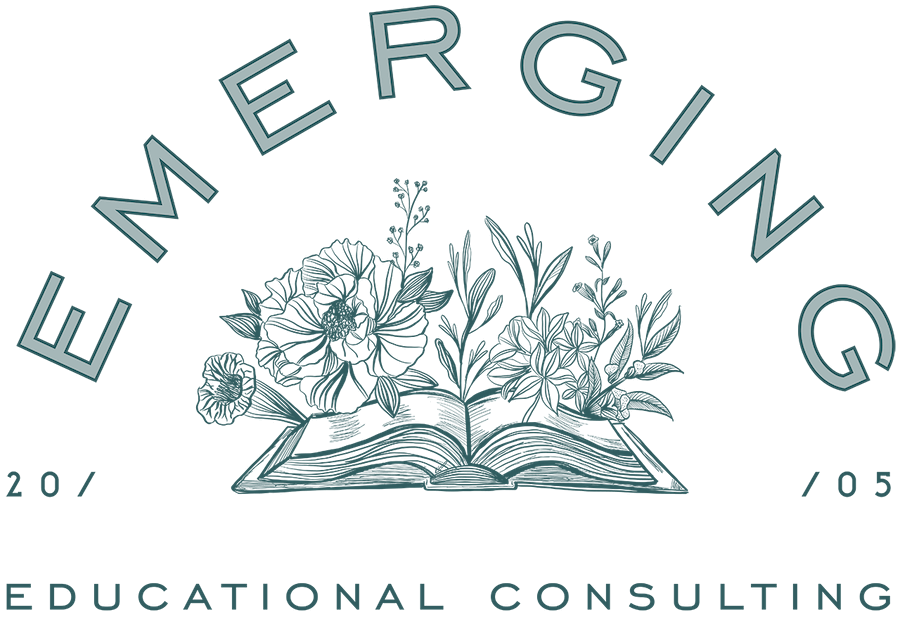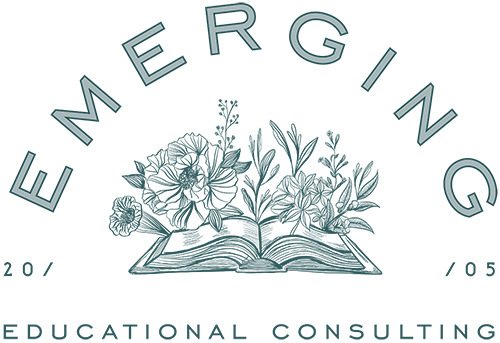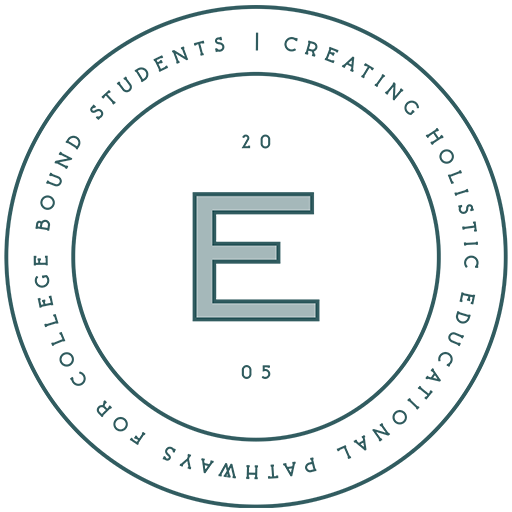Congratulations on your teen’s college admission—what a huge milestone! They did it—and so did you. The hard work, the waiting, the wondering…it’s all led to this moment. And while it may feel like the biggest hurdle is behind you, the truth is this next season—spring and summer before college—offers some of the most important opportunities to set your student up for success.
This in-between time is golden. With decisions made and graduation on the horizon, you have a chance to pause, reflect, and prepare—not just with to-do lists, but with conversations, skill-building, and support. Your role is shifting from manager to mentor. And that shift? It matters.
Here are five important things we want every parent to know once their teen has received that acceptance letter:
1. Check College Portals Regularly
Colleges use student portals to communicate essential information—like housing deadlines, health forms, financial aid tasks, orientation registration, and class enrollment details. We’ve seen students and parents miss important steps (like confirming enrollment or submitting final transcripts) simply because they didn’t check the portal. Make it a habit, and set calendar reminders if needed.
Tip: If you’re not sure where the portal is, go to the college’s main website and search “student portal” or check their admissions page.
2. If Your Student Has Learning Differences, Start Now
Neuropsych testing should be current (within 3–5 years), and documentation must be on file with the college’s disability services office before classes start. Spring and early summer are ideal times to get intake appointments—those fill up quickly. Help your students review what accommodations they’ve used and what they’ll need in college.
To learn more about how disability services work in college, visit Understood.org’s college transition guide
3. Read How to College by Andrea Brenner
This book is a game-changer for helping students (and their parents!) understand the real-life transition from high school to college. It offers practical advice and insights that help demystify the college experience, from managing academics to navigating social life and everything in between. How to College is not just a guide; it’s a companion to help your teen approach their new chapter with confidence. Full of thoughtful tips, strategies, and conversation starters, this book encourages both students and parents to embrace the challenges and opportunities of the college journey. It’s an invaluable resource that empowers families to have meaningful conversations about independence, self-discovery, and responsibility—key themes in the college transition.
4. Filling Out the Roommate Form? Be Honest and Intentional
Before submitting the housing questionnaire, skim The Naked Roommate by Harlan Cohen. It’s a funny, no-holds-barred look at college life—full of tips on choosing the right roommate, managing expectations, and navigating those inevitable moments in shared spaces. Think of it as your teen’s “real talk” guide to dorm living. From setting boundaries to figuring out how to handle conflicts, this book gives them the tools they need to approach roommate relationships with confidence—and maybe even a little humor.
5. Know Title IX, Consent, and Campus Policies on Alcohol & Drugs
Before your teen sets foot on campus, make sure they understand what consent looks like, what Title IX protects, and what their college’s alcohol and drug policies are. Many colleges require online training modules—don’t treat them as throwaways. These conversations can shape their safety and well-being.
- The Podcast with Lara Baker offers insights on Title IX, consent, and how parents can guide their teens on campus safety.
- Learn about Title IX and how it protects students’ rights to a safe and non-discriminatory education environment.
- Sexual assault prevention tips and resources from RAINN
- Alcohol education for college families
This season is full of growth—for your students and for you. Yes, their world is about to expand, but your presence still matters more than ever. Your role is shifting from hands-on to hand-in-hand, and that kind of steady support? It’s powerful.
Stay involved in thoughtful, intentional ways. Offer guidance, not control. Be the calm they can come home to—even if “home” is now a text thread or a quick call between classes.
They’re stepping into something big—and thanks to you, they won’t be doing it alone.
You’ve got this. And so do they.




